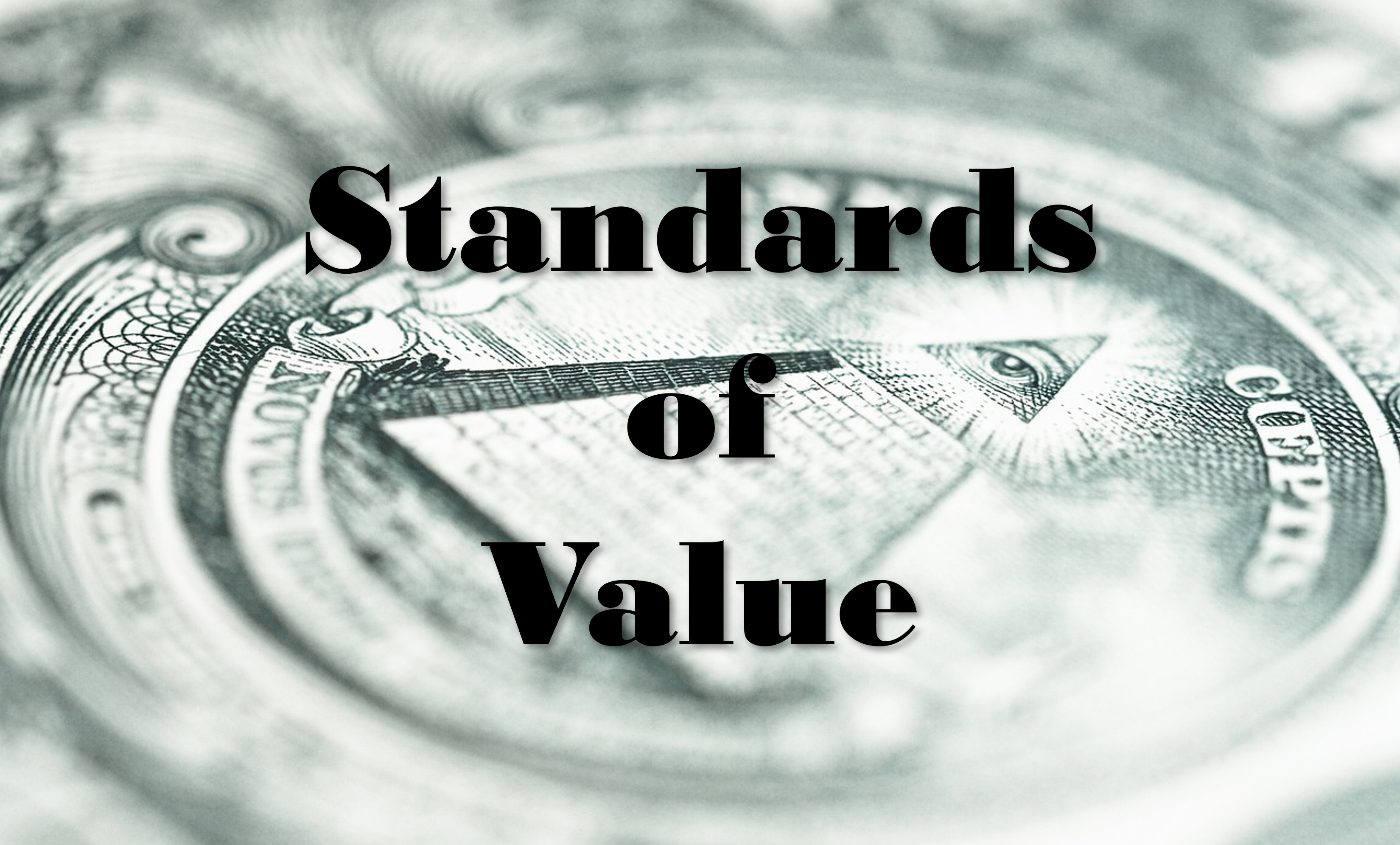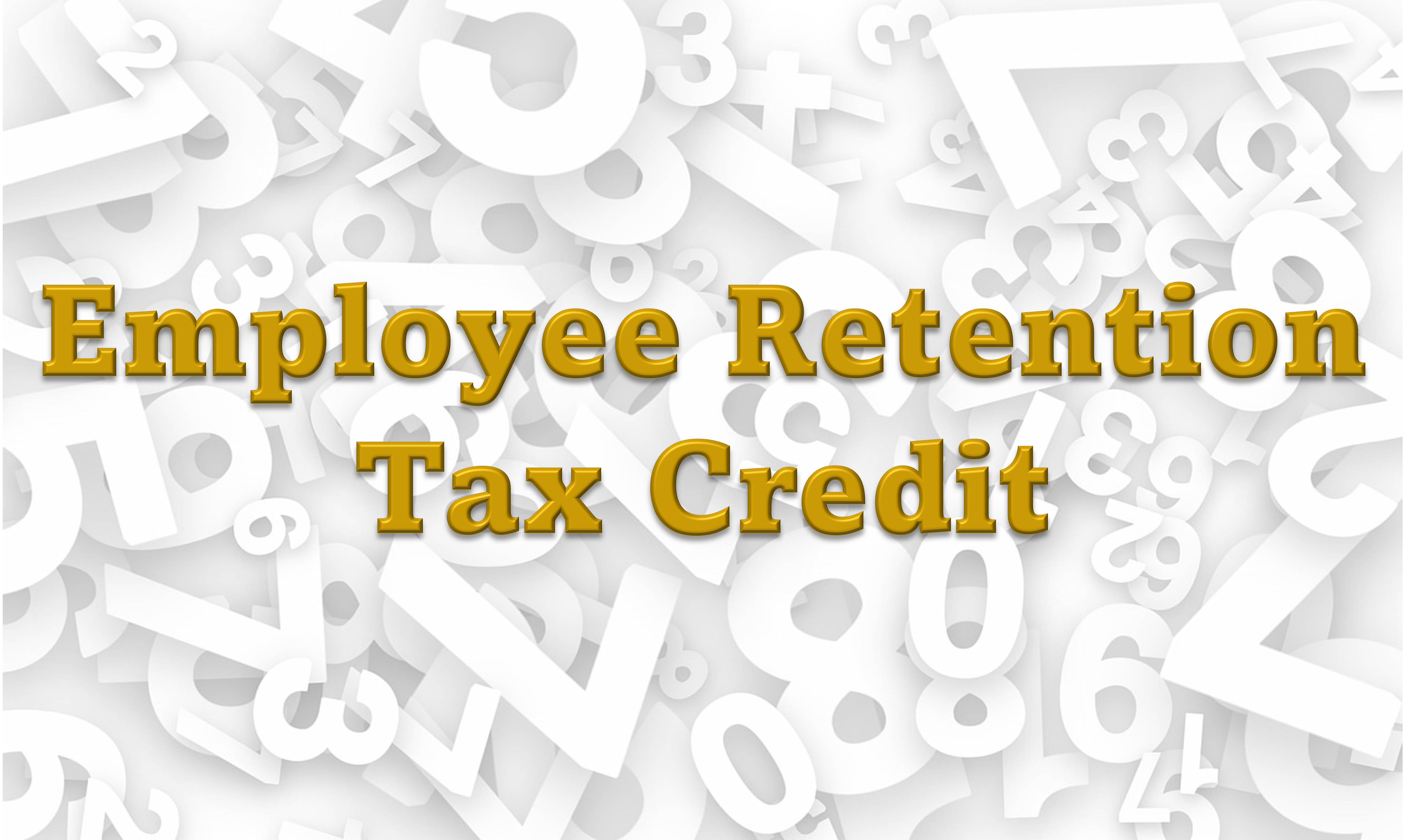Unless the de minimis exception applies, a business that involves the performance of services in one of the 12 fields listed below or whose principal asset is the reputation or skill of its owner(s) or employee(s) is usually a Specified Service Trade or Business (SSTB). Here are the 12 fields:
Health
This is providing medical services directly to a patient (service recipient) by individuals such as physicians, pharmacists, nurses, dentists, veterinarians, physical therapists, psychologists, and other similar healthcare professionals in their capacity as such.
Law
This is performing services by individuals such as lawyers, paralegals, legal arbitrators, mediators, and similar professionals in their capacity as such.
Accounting
These are services performed by individuals such as accountants, enrolled agents, return preparers, financial auditors, and similar professionals in their capacity as such.
Actuarial Sciences
These are services performed by individuals such as actuaries and similar professionals in their capacity as such.
Performing Arts
These are services performed by individuals who participate in the creation of performing arts, such as actors, singers, musicians, entertainers, directors, and similar professionals in their capacity as such.
Example 1: Services in the performing arts.
Andrew, a singer, records a song. He is paid a mechanical royalty when the song is licensed or streamed. He is also paid a performance royalty when the recorded song is played publicly. Andrew is performing services in an SSTB in the field of performing arts. The royalties that Andrew receives for the song are not eligible for a QBI deduction (unless the small taxpayer exception applies).
Consulting
This is providing professional advice and counsel to clients to assist them in achieving goals and solving problems. Consulting includes providing advice and counsel regarding advocacy with the intention of influencing decisions made by a government or governmental agency and all attempts to influence legislators and other government officials on behalf of a client by lobbyists and other similar professionals performing services in their capacity as such. Services in the fields of architecture and engineering are not treated as consulting services.
Example 2: Performing services in the field of consulting.
Courtney’s business is providing services that assist unrelated entities in making their personnel structures more efficient. Courtney studies her client’s organization and structure and compares it to peers in its industry. Courtney then makes recommendations and provides advice to her client regarding possible changes in the client’s personnel structure, including the use of temporary workers. Courtney is performing services in an SSTB (the field of consulting).
Variation: Danni is in the business of licensing software to customers. Danni discusses and evaluates the customer’s software needs with the customer. Danni advises her customers on the particular software products her company licenses. She is paid a flat price for the software license. After the customer licenses the software, Danni helps to implement it. She is engaged in the business of licensing software and not in an SSTB in the field of consulting.
Athletics
These are services performed by individuals who participate in athletic competition such as athletes, coaches, and team managers in sports such as baseball, basketball, football, soccer, hockey, martial arts, boxing, bowling, tennis, golf, skiing, snowboarding, track and field, billiards, and racing.
Example 3: Performing services in the field of athletics.
Ben is a partner in PBA Partnership, which solely owns and operates a professional sports team. PBA employs athletes and sells tickets to the public to attend games in which the sports team competes. Therefore, PBA is engaged in the performance of services in an SSTB in the field of athletics. Ben is a passive owner in PBA. He does not provide any services with respect to PBA or the sports team. However, because PBA is engaged in an SSTB in the field of athletics, Ben’s distributive share of PBA’s income or loss is not eligible for the QBI deduction unless the small taxpayer exception applies.
Financial Services
This is providing financial services to clients, including managing wealth, advising clients with respect to finances, developing retirement or wealth transition plans, providing advisory and other similar services regarding valuations, mergers, acquisitions, dispositions, restructurings (including in Title 11 or similar cases), and raising financial capital by underwriting, or acting as a client’s agent in the issuance of securities and similar services. It includes services provided by financial advisors, investment bankers, wealth planners, and retirement advisors and other similar professionals performing services in their capacity as such.
Example 4: Providing financial services.
Everett’s business is assisting clients with their finances. Everett studies his client’s financial situation, including the client’s present income, savings, and investments, and anticipated future economic and financial needs. Based on this study, he then assists the client in making decisions and plans regarding the client’s financial activities. Such financial planning includes designing a personal budget to assist the client in monitoring his or her financial situation, adopting investment strategies tailored to the client’s needs, and other similar services. Everett is performing services in an SSTB in the field of financial services.
Brokerage Services
This includes services in which a person arranges transactions between a buyer and a seller with respect to securities [as defined in for a commission or fee. It includes services provided by stock brokers and other similar professionals.
Example 5: Providing brokerage services.
Frank is in the business of executing transactions for customers involving various types of securities or commodities generally traded through organized exchanges or other similar networks. Customers place orders with Frank to trade securities or commodities based on Frank’s recommendations. Frank’s compensation for his services typically is based on completion of the trade orders. Frank is engaged in an SSTB in the field of brokerage services.
Investing and Investment Management
This refers to a business involving the receipt of fees for providing investing, asset management, or investment management services, including providing advice with respect to buying and selling investments.
Trading
This is a business of trading in securities, commodities, or partnership interests. Whether a person is a trader in securities, commodities, or partnership interests depends on all relevant facts and circumstances, including the source and type of profit that is associated with engaging in the activity, regardless of whether the person trades for his or her own account, for the account of others, or any combination thereof.
Dealing
This means regularly purchasing securities from and selling securities to customers in the ordinary course of a trade or business or regularly offering to enter into, assume, offset, assign, or otherwise terminate positions in securities with customers in the ordinary course of a trade or business.
Business Whose Principal Asset Is an Owner/employee’s Skill or Reputation
This is a trade or business that consists of any of the following (or any combination thereof):
- 1. A business in which a person receives fees, compensation, or other income for endorsing products or services.
- 2. A business in which a person licenses or receives fees, compensation, or other income for the use of an image or any other symbol associated with the individual’s identity.
- 3. Receiving fees, compensation, or other income for appearing at an event or on radio, television, or another media format.
For this rule, fees, compensation, or other income includes the receipt of a partnership interest and the corresponding distributive share of income, deduction, gain, or loss from the partnership.
Separating a non-SSTB from the SSTB
Under the proposed regulations, a taxpayer may be engaged in both an SSTB and a separate business that is not an SSTB. For example, an optometrist who also sells glasses and contact lenses could segregate the income and expenses from those businesses, resulting in one business engaged in the practice of optometry (which is an SSTB) and one business engaged in retail sales, which generally would not be an SSTB.
Businesses That Provide Services or Property to an SSTB
According to the proposed regulations, a business that provides 80% or more of its property or services to an SSTB is considered an SSTB if there is 50% or more common ownership of the businesses. If the common ownership test is met and the business provides less than 80% of its property or services to the SSTB, the portion of the business that is providing services to the SSTB is treated as part of the SSTB. The final regulations remove the reference to “80% or more” referenced earlier in this paragraph and clarify that the rule applies only to those who meet the 50% test.
Example 6: Business providing property or services to an SSTB.
Baker and Wilson Partnership provides legal services to clients, owns its own office building, and employs its own administrative staff. It divides into three partnerships. BW 1 performs legal services to clients. BW 2 owns the office building and rents the entire building to BW 1. BW 3 employs the administrative staff and contracts with BW 1 to provide administrative services to BW 1 in exchange for fees. All three of the partnerships are owned by the same people (the original owners of Baker and Wilson). Because there is 50% or more common ownership of each of the three partnerships, BW 2 provides substantially all of its property to BW 1, and BW 3 provides substantially all of its services to BW 1, all three partnerships are treated as a single SSTB.
De minimis Exception for Small Amounts of SSTB Gross Receipts
A business is not an SSTB in any year that less than 10% of its gross receipts are attributable to performing services in a field described in Prop. Reg. 1.199A-5(b). For the 10% test, performing any activity incident to the actual performance of services in the field is treated as performing services in that field. If the business has gross receipts over $25 million for the year, 5% is substituted for 10% for this de minimis test.
Small Taxpayers Can Treat SSTB Income as QBI
Although SSTBs are generally not qualified businesses, for taxpayers with taxable income (before considering any QBI deduction) at or below an annually adjusted threshold (for 2018, $315,000 for MFJ and $157,500 for all others), the SSTB exclusion does not apply. In other words, these taxpayers treat an SSTB as if it were a non-SSTB for the QBI deduction.
The exception to the rule that excludes an SSTB from the definition of a qualified business begins to phase out when taxable income exceeds the threshold amount and is fully phased out when taxable income exceeds the threshold by $100,000 for MFJ ($50,000 for all other filers). So, for 2018, taxpayers with taxable income of $415,000 or more (MFJ, $207,500 all other filers) cannot treat any income from an SSTB as QBI.
Taxpayers with taxable income in the phaseout range can only consider their applicable percentage of the SSTB’s net income (or loss), W-2 wages, and investment in qualified property when they compute their deductible amount for that business. The applicable percentage is 100% reduced by the percentage obtained by dividing the amount by which their taxable income exceeds the threshold amount by $100,000 (for joint filers; $50,000 for all others).






